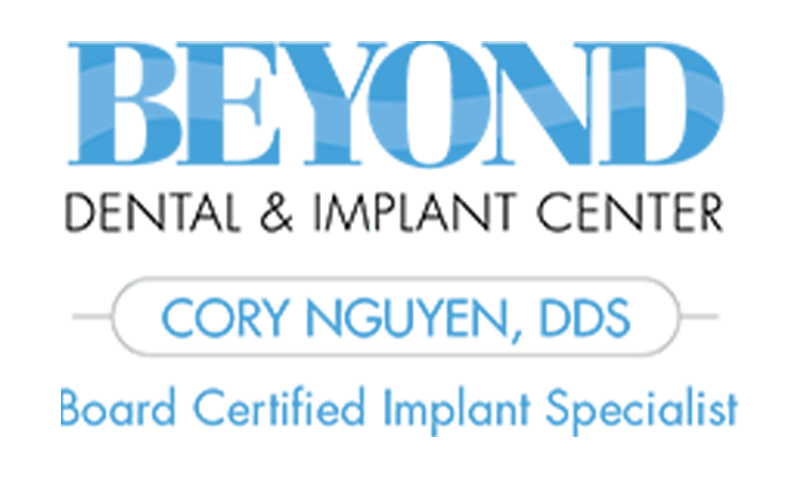A surgical dentist is not always required for dental implants. Many straightforward implant cases can be handled safely by a well-trained general dentist. However, when bone loss, sinus issues, complex anatomy, or full-arch restorations are involved, a surgical dentist—especially a surgical dentist in Dallas, TX—brings advanced training and tools that lower risk and improve outcomes. This article explains what a surgical dentist does, when you need one for implants, the procedures that typically require surgical expertise, risks of skipping a specialist, how to choose the right provider, costs and timelines, and when a general dentist may be enough.
What Is a Surgical Dentist?
Training and skills that define a surgical dentist
A surgical dentist has extra training beyond dental school focused on oral surgery and implantology. They learn advanced techniques like bone grafting, sinus lifts, and complex tooth extractions. Many complete post-graduate programs, fellowships, or residency training in implant dentistry or oral surgery. This training teaches them to manage surgical complications, work in tight or low-bone situations, and perform advanced reconstructive procedures.
How a surgical dentist differs from a general dentist
General dentists place many single implants and handle routine implant cases with good bone and simple anatomy. A surgical dentist handles cases that need surgery-based solutions: rebuilding bone, altering sinus position, or placing implants in unusual locations. For example, a general dentist can often place one implant for a recently lost tooth. But if you have significant bone loss, nearby nerves, or need an all-on-4 restoration, a surgical dentist in Dallas, TX is usually preferred.
When Is a Surgical Dentist Needed for Dental Implants?
Simple cases that may not require a surgical dentist
If you’re replacing one tooth, have healthy gums, and plenty of jawbone, a skilled general dentist can often place the implant. These straightforward cases have predictable healing and lower complication risk. Short treatment time and lower cost make general dentist options a good fit when anatomy and health are favorable.
Complex cases that usually need a surgical dentist
You’ll likely need a surgical dentist in Dallas, TX when tooth loss has led to bone shrinkage, when the sinus cavity is close to the implant site, or when multiple teeth or an entire arch must be rebuilt. Cases such as all-on-4 full-arch implants, zygomatic or pterygoid implants for severe bone loss, and repairs after failed implants typically require surgical expertise and advanced imaging.
Specific Procedures That Often Require a Surgical Dentist
Bone grafting and ridge augmentation
Bone grafting rebuilds lost jawbone so an implant has enough support. Ridge augmentation reshapes the jaw where bone has collapsed. These procedures raise surgical complexity because they involve graft materials, membranes, and staged healing. A surgical dentist’s experience improves graft success and implant placement accuracy.
Sinus lift, zygomatic, and pterygoid implants
A sinus lift raises the sinus floor to create room for implants in the upper jaw. Zygomatic implants anchor into the cheekbone for patients with extreme upper jaw bone loss. Pterygoid implants are placed in a hard-to-reach posterior area for better back-of-mouth support. Each technique needs surgical precision and a deep understanding of anatomy, so these are usually handled by a surgical dentist in Dallas, TX.
Risks of Skipping a Surgical Dentist for Complex Implant Cases
Skipping a surgical dentist in complex cases raises risks like implant failure, nerve damage causing numbness, unintended sinus perforation, chronic infection, and prolonged treatment time. Poorly planned surgery can also increase long-term costs due to repeated repairs or removals. Specialists reduce these risks through experience, imaging, and refined surgical techniques.
How to Choose the Right Surgical Dentist for Dental Implants
Credentials and board certifications to look for
Look for post-graduate implant training, fellowships, or board certifications. Credentials like Diplomate status with recognized implant boards signal advanced expertise. These certifications show the clinician has met high standards in knowledge and surgical performance.
Technology and workflow
High-quality care uses CBCT imaging for 3D anatomy, digital planning software, and guided surgical guides to place implants precisely. Sedation options and modern sterilization protocols also matter. A surgical dentist in Dallas, TX who uses these technologies improves predictability and patient comfort.
Questions to ask during a consultation
Ask to see prior cases similar to yours, complication rates, who performs each treatment step, expected timeline, and financing options. Confirm if the surgical dentist handles both the surgical and restorative phases or coordinates closely with your restorative dentist.
Cost and Timeline: What to Expect When a Surgical Dentist Is Involved
Advanced procedures increase both cost and healing time. Bone grafts and sinus lifts add stages and months of healing before final crowns. Full-arch solutions like all-on-4 or zygomatic protocols are higher cost but can restore function faster than multi-stage alternatives. Many practices offer financing and staged treatment plans to spread cost over time.
When a Surgical Dentist May Not Be Necessary
If you have a recent tooth loss, strong bone, good overall health, and need a single implant, a skilled general dentist can often deliver safe, predictable results. Referral to a surgical dentist makes sense whenever imaging suggests limited bone, complex anatomy, or prior implant failure.
About Beyond Dental & Implant Center and Dr. Cory Nguyen
Beyond Dental & Implant Center in Dallas, TX offers advanced implant care under one roof, emphasizing patient comfort and evidence-based treatment. Dr. Cory Nguyen has Diplomate-level credentials in implant dentistry and sleep medicine and completed advanced implant training. The practice uses CBCT imaging, digital workflows, All-on-4, zygomatic and pterygoid implant techniques, and coordinates full-mouth rehabilitation so patients can avoid multiple referrals.
Next Steps: Finding the Right Surgical Dentist for Your Implants
Book a consultation and bring dental records or recent X-rays if you have them. A surgical evaluation will clarify whether a general dentist can safely place your implant or if advanced surgical care will give you the best long-term result. Contact a trusted implant team to get a clear, personalized plan.






